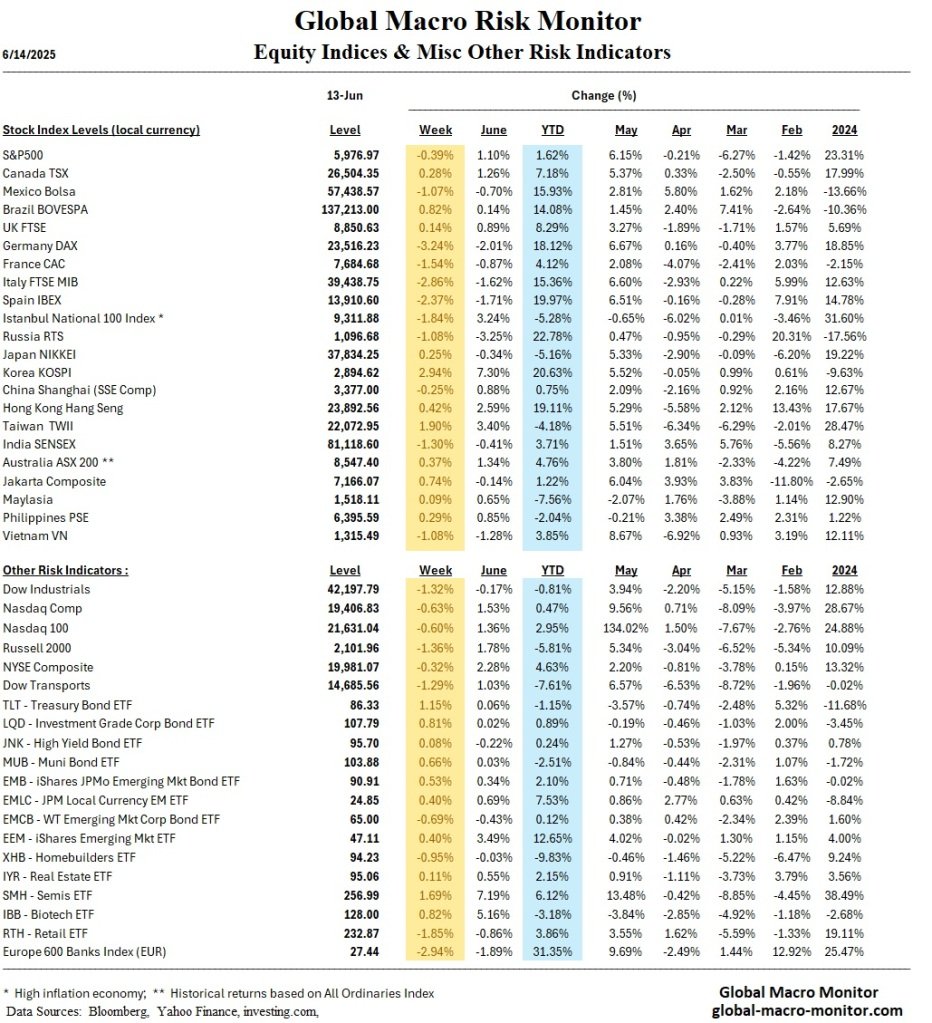After a record-setting surge in 2021, IPO activity took a sharp downturn in 2022. Since then, the market has been gradually regaining its footing, with the past two years showing a steady upward trend in both the number of IPOs and total proceeds raised. Early data from the first quarter of 2025 suggests that this positive momentum is continuing.
In 1Q25, 59 companies went public, marking a 55% jump from the 38 IPOs recorded in the same quarter last year. However, despite the increase in volume, total proceeds remained largely flat at $8.9 billion, up just $100 million year-over-year.
Several key factors appear to be fueling this renewed activity: broad market strength despite early-year volatility, expectations of a pro-business stance under the Trump Administration, anticipated interest rate cuts as inflation continues to ease, and a burst of innovation across AI, cybersecurity, and fintech – all helping to restore investor appetite for newly listed companies.
Against this backdrop, Citi analysts have zeroed in on two newcomers. Both companies have caught Wall Street’s eye, but Citi is leaning firmly toward one as the stronger long-term play. To see how that view stacks up across the Street, we turned to the TipRanks database. Let’s dive in.
eToro Group (ETOR)
The financial markets operate on a global platform, and the first IPO stock on our list embodies that. eToro is a popular platform that blends online investing with elements of social media, a combination it has leveraged for ongoing success.
From its base in Tel Aviv, eToro oversees a network of offices in important global financial centers: in the UK, the US, Cyprus, Australia, Germany, and the UAE. eToro has more than 3.5 million funded accounts, with traders in 75 countries. The company has described its mission as giving investors a simple and transparent platform for online trading.
eToro was founded in 2007, and earlier this year, after 18 years of operation, the company went public through an IPO. The initial announcement of the stock offering specified that 10 million shares would go on the market, 5 million from the company and 5 million from ‘certain existing shareholders.’ On May 13, the company amended that, upsizing the offering to 11,923,018 shares, again split evenly between eToro and existing shareholders. The initial price was set at $52 per share, above the originally planned range of $46 to $50. and the stock started trading on the NASDAQ on May 14, with the company raising ~$310 million from the IPO. eToro currently boasts a market cap of approximately $5 billion.
In its first quarterly readout as a public company, announced earlier this week for 1Q25, eToro realized a net contribution of $217 million, a figure that was up 8% year-over-year and beat the forecast by $3.22 million. At the bottom-line, EPS of $0.69 came in $0.09 above Street expectations.
Opening coverage of this newly public stock, Citi’s Christopher Allen, an analyst ranked in 13th spot amongst the thousands of Street experts, sees a balance between the risks and rewards here. The 5-star analyst writes, “eToro stands out for its regional diversity, brand, unique offerings, crypto leverage, and clear product/regional expansion opportunities. And overall we remain constructive on the health/resiliency of the retail segment and bullish on the outlook for European retail specifically. But we see some challenges as well, including healthy competition in traditional retail, likely increasing competition in crypto with new regulation, expected volatility in results from crypto and market making elements of model, the relative level of marketing spend, and sustainability of current ROCA levels. We see a balanced risk/reward at current levels.”
Allen’s stance backs up his Neutral (i.e., Hold) rating on the stock, although his price target of $72 suggests that eToro’s shares will gain 12% this coming year. (To watch Allen’s track record, click here)
In its short time on the public market, ETOR stock has picked up 15 analyst reviews – and their 8 to 7 split between Buy and Hold gives the stock its Moderate Buy consensus rating. The shares are priced at $64.17, and the $74.78 average target price implies the shares will climb 16.5% higher over the next 12 months. (See ETOR stock forecast)
Aspen Insurance Holdings (AHL)
Next up is an insurance company, Aspen Insurance Holdings. Aspen is a specialty insurer and reinsurer that gives its customers a range of innovative solutions to protect their capital. The company uses its access to Aspen Capital Markets to leverage third-party capital in the insurance industry, giving its own insurance and reinsurance segments the advantage of increased flexibility.
Like any successful insurer, Aspen delivers on the key promises of the industry: protection for insured assets, and solid service on the claims side. Aspen does not compromise its business relationships for short-term gains, and instead adheres to an insurance model and underwriting approach that supports sustainable operations through changing market cycles.
Among its specialty insurance products, Aspen provides backing for a range of environmental policies, railroad protection policies, and excess casualty policies. On the casualty side, one of the insurance industry’s most important segments, Aspen works with eight experienced underwriters to provide coverage that is customized and creative, giving its customers solutions for any unique or challenging exposures that may arise.
Aspen also offers cyber insurance products, and a wide range of professional liability insurance policies in the US and international markets. The company can also provide policies to cover crisis situations, from kidnapping to piracy, and even specie policies, to cover the transit risks associated with fine art, metal bullion, jeweler’s block, and more. In short, Aspen is a wide-ranging insurance company, capable of meeting all customers’ needs.
On May 7, Aspen announced pricing for its IPO, an upsized offering of 13.25 million shares at $30 each, with trading beginning on May 8. The company raised $397.5 million during its IPO. The company’s market cap stands at $2.56 billion.
This past June 3, Aspen released its first set of financials as a public entity. The release, for 1Q25, showed that the company had total revenues of $789.1 million, up 4.4% from 1Q24, and a Q1 net income of $36.8 million, down from $111.8 million in 1Q24. Aspen had $1.287 billion in total gross written premiums on the books as of March 31.
Matthew Heimermann covers this stock for Citi, and he believes that the company has sound prospects for the future. Heimermann writes of Aspen’s potential, “The market appears skeptical that Aspen has changed for the better. We get it, the company’s previous track record as a public company was lacking (Aspen was publicly listed between 2003-2019). However, we think investors are incentivized to take the contrarian view and expect higher future operating returns than shares appear to be discounting. Why? Encouraging recent and past performance, potentially more tailwinds than headwinds, reasonable expectations, and an undemanding valuation relative to potential returns and/or volatility.”
The analyst goes on to put a Buy rating on AHL shares, and he backs that with a $43 target price that implies a one-year upside for the stock of 34%.
Wall Street gives this stock a Strong Buy consensus rating, based on 8 recent reviews that break down 6 to 2 in favor of Buy over Hold. The shares are priced at $32, and the $40.63 average price target suggests a gain of 27% on the one-year horizon. (See AHL stock forecast)
After laying out the data, it’s clear that Citi has chosen Aspen Insurance as the superior IPO stock to buy now.
To find good ideas for stocks trading at attractive valuations, visit TipRanks’ Best Stocks to Buy, a tool that unites all of TipRanks’ equity insights.
Disclaimer: The opinions expressed in this article are solely those of the featured analysts. The content is intended to be used for informational purposes only. It is very important to do your own analysis before making any investment.








